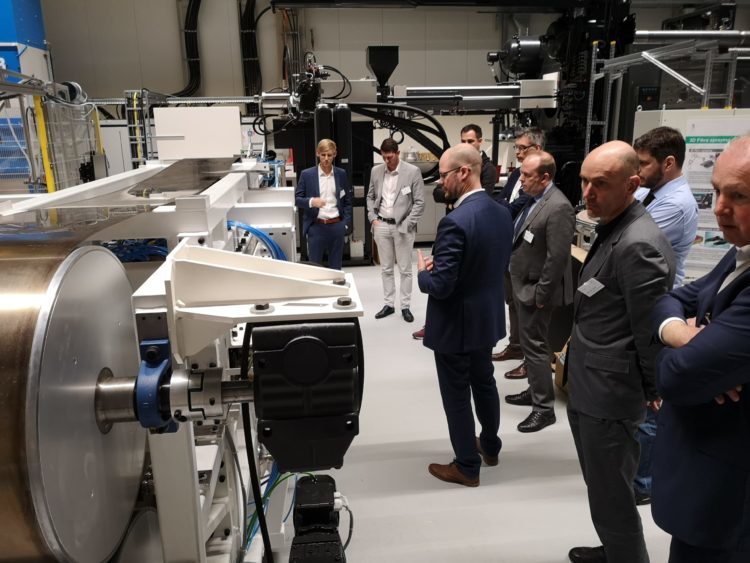

Sour Notes and Silver Linings
How often have you heard these times described as unprecedented, uncertain or difficult? Presumably, you lost count long ago, but it continues to be the case. We need to address the elephant in the room head on before we continue: American politics and governance is in turmoil. This cannot be understated.
Back in March, when reality set in that the COVID-19 pandemic would not be quelled quickly, there was a bright moment of optimism for some political onlookers. On the heels of an impeachment inquiry that seemed to poison the last drop of water in the well of bipartisanship, Congress and the presidential administration came together in short order to pass and implement a massive relief package second only to Roosevelt’s New Deal in historical magnitude and price tag. Months later, however, the CARES Act was no longer enough. At the time of this writing, after several weeks of negotiations, a comprehensive second deal has not been reached.
There are numerous factors at play, and for purposes of time and space, we cannot unpack every nuance. An overarching issue though is that Republican and Democratic leaders, at least publicly, cannot agree on many fundamental issues that frame the situation. For example, Democrats call for an extension and expansion of federal unemployment assistance because millions of Americans find themselves out of work. However, Republicans argue that extended federal assistance, at least at the $600 per week level stipulated in the CARES Act, inhibits companies from employing the labor they need to keep their doors open. We know from our own industry that the labor issue is a real one in many places, but that does not mean that many Americans don’t need help to get by.
The looming backdrop of the election has not helped. Neither side wants to give an inch on anything that could be messaged by the other as a win. Perhaps by the time you read this a deal will have been struck, but nobody can deny that it took too long.
There are silver linings however. Even when Washington appears dysfunctional on the macro issues, strategic policy advancements remain possible. That’s what we do at ACMA. Day in and day out we continue to work on key issues fundamental to the vitality and growth of our industry so that we don’t miss any opportunities to advance our industry. And even these days, thanks of course to the effort of our members, we can make successes happen.
After years of advocating for federal policy incentives to promote broader use of composites in infrastructure, we made major headway in the House infrastructure proposal. Those familiar with ACMA’s signature legislative initiative, the IMAGINE Act, will find a lot of that bill included in the House Democratic package, including interagency coordination on standards development for innovative materials, expanded research and pilot deployment programs for new technologies, and increased federal cost share (up to 100% federal spending allowed) on projects that use composites. None of these provisions would be in play if ACMA did not show up to make our case on Capitol Hill and win supporters among America’s leaders. Even though the pandemic and its associated policy challenges are preventing the massive infrastructure package we all hoped for this year, we have done and continue to do the necessary work to be ready when that train finally rolls into town.
The same goes for our effort to launch a composite standards and research program at the National Institute of Standards and Technology (NIST). When all of America was focused on what the Senate was not doing, thanks to the unwavering support from key leaders like Senators Shelly Moore Capito (R-WV) and Gary Peters (D-MI), the Upper Chamber unanimously passed legislation to create the NIST program. We are optimistic that the House can approve this legislation quickly after the August recess and the program can provide the boost our industry needs to overcoming technical barriers to broader deployment.
Health and safety issues remain a keystone of ACMA’s agenda, too. We continue to advocate with regulatory agencies in favor of cost-effective approaches to reduction of health risk for our employees and plant neighbors, and to provide information that helps our industry efficiently and effectively comply with regulatory requirements. For example, a recently recorded webinar available at acmaeducationhub.org/regulatory-tools explains EPA's new requirements, effective January 2021, for electronic submission via an EPA portal of information required to be reported under the NESHAP (MACT Standard) for composites manufacturing operations.
In anticipation of an update in the styrene PEL (workplace exposure limit) by OSHA, EPA or state agencies, ACMA's Regulatory Steering Committee has sponsored a series of ongoing industry discussions on the feasibility and cost of employee exposure reduction methods. ACMA is also working with suppliers on an update for the fire code provisions for storage of organic peroxides that will impact nearly every ACMA member.
At the end of the day, good work is worth doing. Even with difficulties on the surface, a lot can get done when you stay focused on your core mission. Stick with us, and even when the world is full of lemons, ACMA can always seem to find a recipe for lemonade.

SUBSCRIBE TO CM MAGAZINE
Composites Manufacturing Magazine is the official publication of the American Composites Manufacturers Association. Subscribe to get a free annual subscription to Composites Manufacturing Magazine and receive composites industry insights you can’t get anywhere else.





